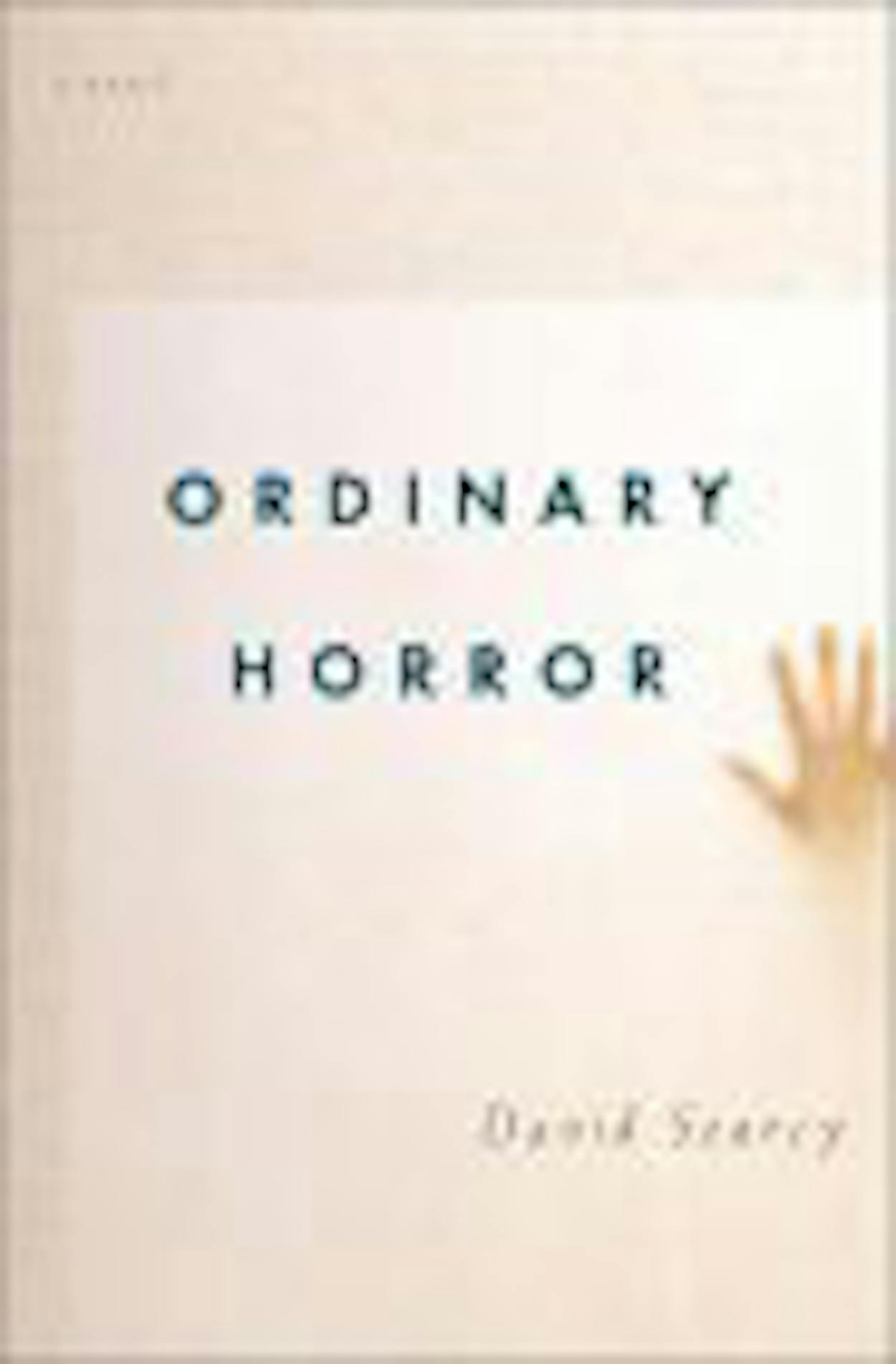Chapter One
Here’s a horror story for you. An old fellow, a widower about seventy years old, lives alone in an aging tract house in one of those extended tract house neighborhoods that, given twenty or thirty years to mellow, lose none of their bleakness but gain some comfort from the fact of survival—the fact of such ordinariness being able to survive, coming to seem more or less permanent, which gives the people who live there a kind of necessity or inevitability whether they know it or not.
This old man loves to grow roses in his backyard. And, whether he knows it or not, he loves their springing from such ordinariness. He even has them blocked off, gridded into organized beds like a neighborhood of roses so when they bloom, when he looks out the sliding glass door of his little den at them blooming, they’re even more miraculous as if no amount of constraint or definition can keep them back and the arrangement of his garden, designed to emphasize this of course, has symbolic implications as well.
He likes a cup of coffee in the morning on the patio among the rose beds probably better than anything—better than gardening, in fact, because his inactivity is proof the roses are stable for the moment, protected and receptive to the notion, however faint, that protection is reciprocal in some sense. Nevertheless there’s a little anxiety most of the time and he probably understands he’s set himself up for it having invested so much so visibly. It’s the character of the neighborhood for things to be visible in any case; so many similar houses that close together make anything not belonging to the architecture stand out. Especially, one imagines, viewed from the above. . . .







